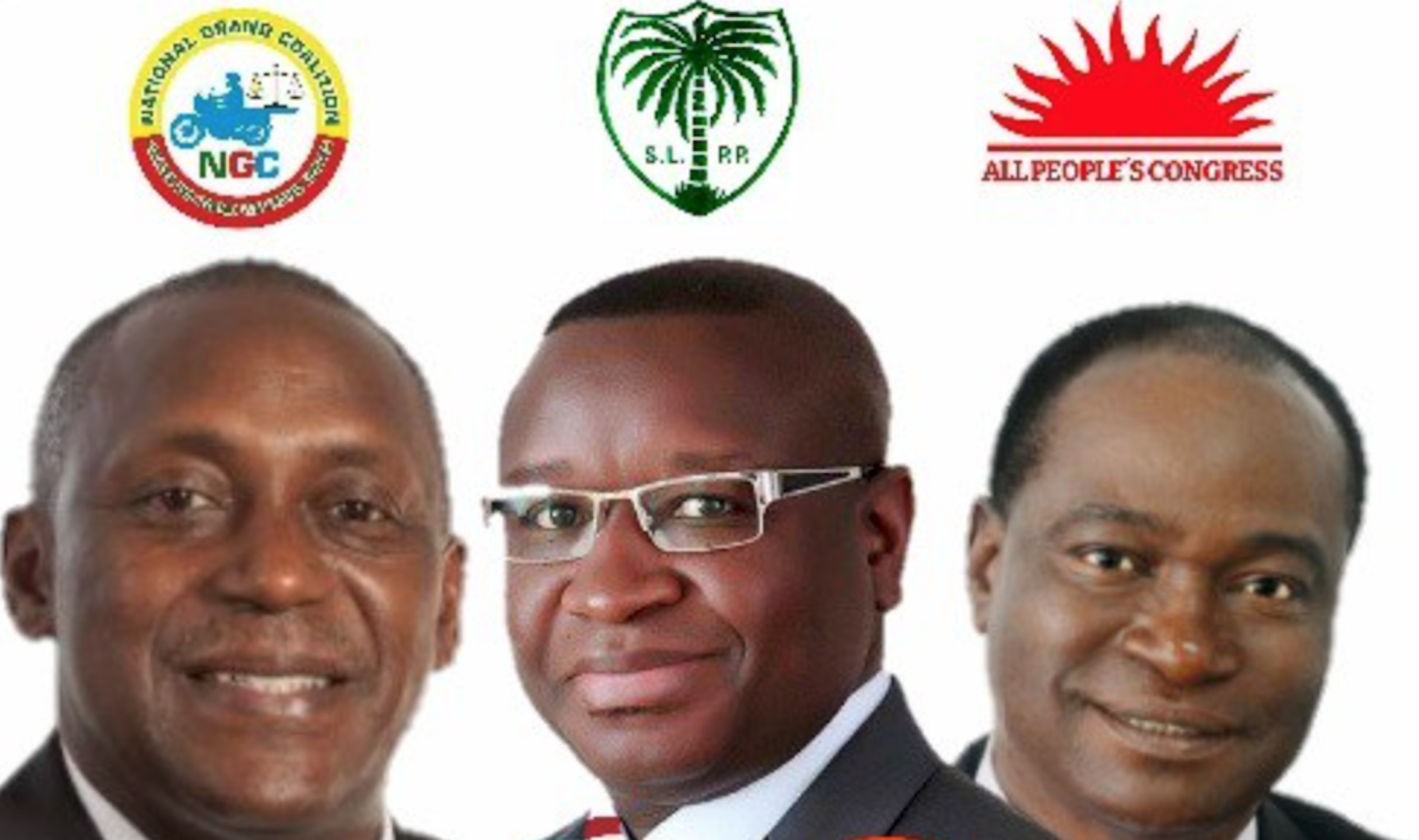P.R System by definition is an electoral system in which division in an electorate are reflected proportionally in the electoral body. The essence of such a system is that all votes contribute to the result not just a plurality or a bare majority.
BACKGROUND OF THE PR SYSTEM IN SIERRA LEONE
In August 1995, INEC (Interim National Electoral commission) sponsored a national consultative conference on the electoral process. The overwhelming consensus of the meeting was that Sierra Leone should return to multi-party democracy and constitutional government through an electoral process as soon as possible. Several key decisions regarding this transition were made by the conference, including the adoption of a national constituency proportional representative system for selecting Members of parliament and the recommendation of February 26, 1996 as the date for both presidential and parliamentary elections. These decisions have been publicly supported by the chairman of the then N.P.R.C, captain Valentine Strasser, both in Sierra Leone and during his visit to the USA and during the commonwealth heads of government meeting in New Zealand by then.
The primary difficulties faced by INEC was the lack of a legal framework for the electoral process. Decree covering the franchise, voter registration and the elections of members of parliament were drafted by INEC and forwarded to the government prior to the national conference. As of November 16, 1995 no action was taken by the government of Sierra Leone towards the enactment of the decree. Decrees specifying the election of the president and the agreed change of the electoral system from single member constituency. Proportional representation were drafted by the then Attorney General’s office. Lack of resources, lack of expertise in the area of electoral process, logistics, transportation and communication planning, and computer system were of challenges.
Given the critical nature of these elections to the future of sierra Leone and the highly uncertain environment in which they would take place, contingency plans for mission-critical task were necessary. Such mission-critical issue would include; the provision of a voter registration list, development of the commission’s capacity to distribute materials and personnel to areas outside Freetown, and the establishment of nation-wide communication links for both administrative and security reasons.
WHAT ADVANTAGE WILL SIERRA LEONEANS GET OUT OF THE PR SYSTEM
– It gives smaller ( minority) parties an advantage for governing.
– It eliminates the swing voters mentality.
WHAT NEGATIVE IMPACT DOES THE PR SYSTEM HAVE IN SIERRA LEONE
– The First Past The Post system gives members of parliament to serve in the constituencies they campaign in unlike the PR system which cares not about such.
– The PR will provide extremists to force their ways into mainstream politics especially in this PAOPA regime.
– The PR system list weakens the link between the elected representatives and their constituencies.
– It reduces accountability to voters as an ousted party of government can retain office by finding new coalition partners after an election.
– It complicates and confuses voters.
– It increases the administrative complexity and expenses of elections.
SCENARIO(S) OF THE FAILURES OF THE PR SYSTEM
Many countries have faced a lot of challenges using the PR electoral system including Albania, Angola, Armenia, Argentina and Algeria etc.
In Algeria for example, result of a study revealed that the PR electoral system besides other factors, had clear impact on the fragmentation of the Algerian party system by all standards whether on the level of apparent rise in the number of parties represented in the Algerian parliament from 10 parties in 1997 to 36 parties in 2017. This will not be an exception in Sierra Leone based on the ineptness of smaller parties that have no relevance in shaping and changing the political narrative of Sierra trying to find relevance for their personal survivals.
ON THE 50 +1% FOR PRESIDENTIAL ELECTIONS
Trying to change the 55% to the 50% + 1 as purported by the recently launched white paper is a probability, because nobody knows if any candidate can attain even 50% referencing the last presidential elections, so if any candidate fails to secure the 50% will as well lead the to a run-off, so eliminating the 55% from our law books will make no sense rather a calculated ploy to a mathematical round up manipulation to the nearest figure by a government that has no clue about governing a country of a multitude of ethnic diversity.


 Post a comment
Post a comment 








